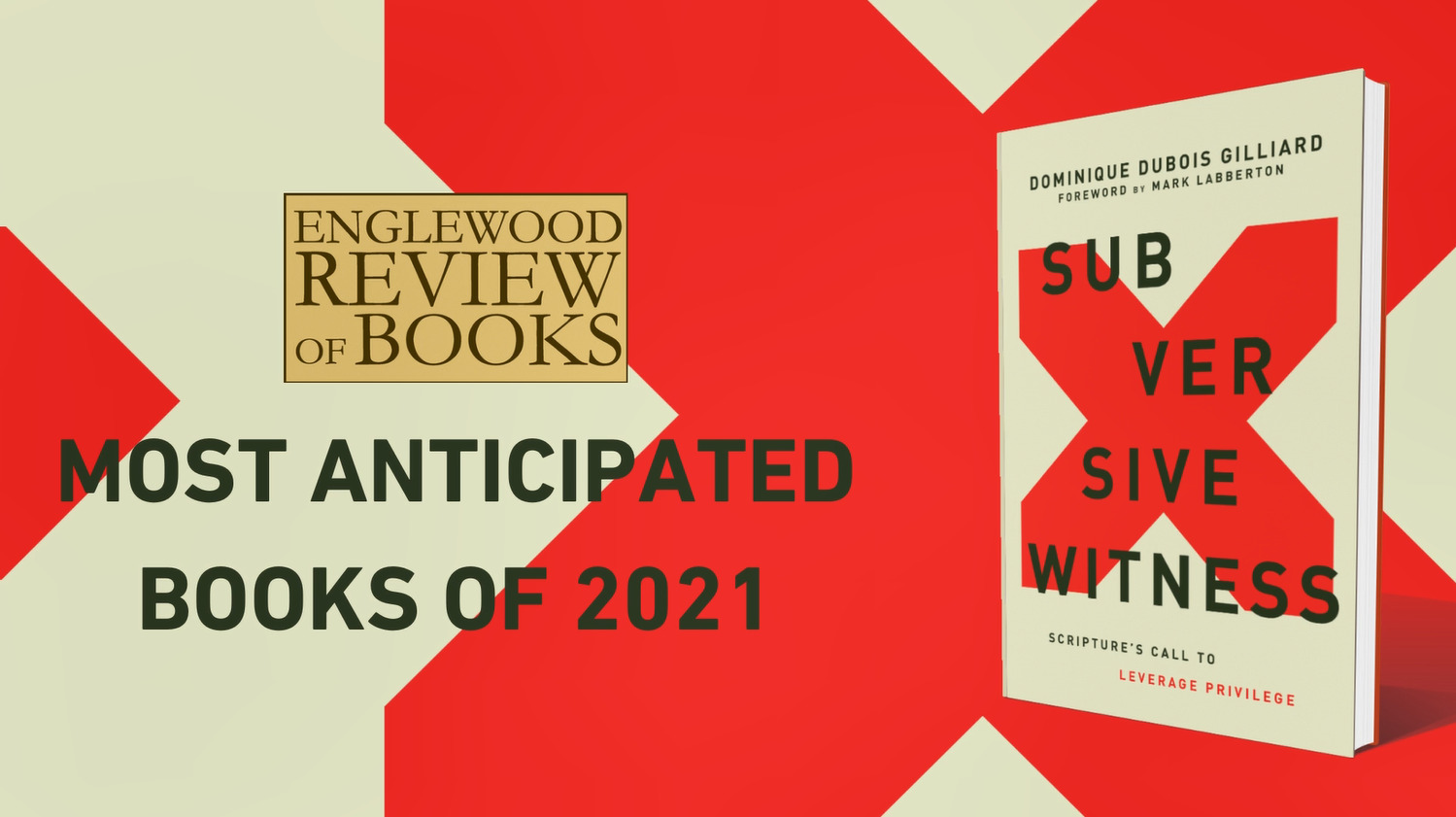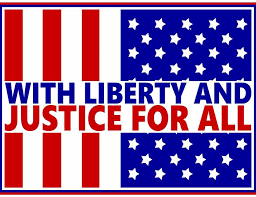The seeds of revolution that sprouted and bloomed into U.S. independence were sown at Griffin’s Wharf in Boston, Massachusetts on December 16, 1773.
In the decade leading up to the American Revolution, a series of exploitative measures imposed on the American colonists by the heavily indebted British government—starting with the 1765 Stamp Act and continuing with the 1767 Townshend Acts—was met with political protest. These protests turned violent in 1773 with the passage of the Tea Act. The British government crafted the Tea Act to rescue the floundering East India Company, and it massively reduced the company’s tea tax and granted them a monopoly on the American tea trade. American colonists were indignant because Britain insisted on imposing “taxation without representation.” Indignation grew into outrage, and the protest devolved into a riot. Colonists began looting British property, and ultimately dumped 342 chests of imported British East India Company tea into the harbor.
Today we call this uprising the “Boston Tea Party.”
In response to this colonial riot, an incensed British Parliament passed a series of laws known as the Coercive Acts to reassert their control in Massachusetts. Thirteen months later, the Revolutionary War began. As the war commenced, few colonists proclaimed complete independence from Great Britain as their goal, and the ones who did were considered radicals. As the war intensified, however, hostility towards Britain grew; revolutionary sentiments swelled and liberation manifestos were transcribed and distributed in bestselling pamphlets like Thomas Paine’s Common Sense. As the war sprawled into 1776, colonial constituents began to question anew why they should remain under British rule.
In March of 1776, the colonist won a significant battle, and the British evacuated Boston. Four months later—amid the war—on July 2nd, 1776, the Continental Congress voted to become an independent nation. Two days later, delegates from the thirteen colonies approved the Declaration of Independence. Thus, American independence was birthed on July 4th, 1776.
* * *
The 4th of July has now become a festive national holiday celebrated with cookouts, parades, and fireworks. However, what commonly gets lost amid these festivities is that American independence has never truly meant freedom for all people residing on U.S. soil. Frederick Douglass eloquently articulated this truth in a speech given in 1852.
Douglass, a renowned abolitionist born into slavery, was asked to give a keynote address on July 4th in 1852 by the Ladies Anti-Slavery Society of Rochester, N.Y. He accepted the invitation but refused to give the speech on July 4th, citing the hypocrisy of a nation that celebrated independence while holding nearly four million Black people in chains as slaves. Douglass instead chose to deliver the speech on July 5th, for on that day in 1827 four thousand African Americans paraded down Broadway in New York City to celebrate the end of slavery in their state.
Douglass’s speech was entitled, “What to the Slave is the Fourth of July?” In this speech given more than a decade before the Emancipation Proclamation, Douglass fiercely declared:
Your high independence only reveals the immeasurable distance between us. The blessings in which you, this day, rejoice, are not enjoyed in common. The rich inheritance of justice, liberty, prosperity, and independence, bequeathed by your fathers, is shared by you, not by me. The sunlight that brought light and healing to you, has brought stripes and death to me. This Fourth July is yours, not mine. You may rejoice, I must mourn. To drag a man in fetters into the grand illuminated temple of liberty, and call upon him to join you in joyous anthems, were inhuman mockery and sacrilegious irony.
The inauthenticity of the freedom our nation celebrates on July 4th is why Juneteenth is so cherished, and one of the primary reasons people are pushing to make it a national holiday. Douglass went on to assert:
Oppression makes a wise man mad. Your fathers were wise men, and if they did not go mad, they became restive under this treatment. They felt themselves the victims of grievous wrongs, wholly incurable in their colonial capacity. With brave men, there is always a remedy for oppression…They were peace men, but they preferred revolution to peaceful submission to bondage. They were quiet men, but they did not shrink from agitating against oppression. They showed forbearance; but that they knew its limits. They believed in order; but not in the order of tyranny. With them, nothing was “settled” that was not right. With them, justice, liberty, and humanity were “final;” not slavery and oppression.
Moving towards the conclusion of his prolific speech, Douglass unflinchingly proclaimed:
What, to the American slave, is your 4th of July? I answer a day that reveals to him, more than all other days in the year, the gross injustice and cruelty to which he is the constant victim. To him, your celebration is a sham; your boasted liberty, an unholy license; your national greatness, swelling vanity; your sounds of rejoicing are empty and heartless; your denunciations of tyrants, brass fronted impudence; your shouts of liberty and equality, hollow mockery; your prayers and hymns, your sermons and thanksgivings, with all your religious parade, and solemnity, are, to him, mere bombast, fraud, deception, impiety, and hypocrisy — a thin veil to cover up crimes which would disgrace a nation of savages. There is not a nation on the earth guilty of practices, more shocking and bloody, than are the people of these United States, at this very hour.”
* * *
The most recent series of murdered unarmed Black women and men have awakened our nation to the reality that the U.S. is still not truly the land of the free for all, and concerned citizens are beginning to ponder anew what an authentic pursuit of freedom entails. Many citizens are listening to prophetic Black voices like Angela Davis and James Baldwin for the first time. They are reckoning with the contradictions Davis names regarding violence. She clarifies that there is a fundamental difference between racist vigilante violence (the 16th Street Baptist Church bombing, Mother Emanuel, Ahmaud Arbery…), state-sanctioned violence (Kathryn Johnston, Tamir Rice, George Floyd, Breonna Taylor…), and what is described as violence when oppressed people resist systemic oppression amid freedom movements.
They are unpacking the inconsistencies Baldwin highlights regarding “a just pursuit of liberty and freedom.” Baldwin elucidates the hypocrisy inherent in how we describe the violence and looting colonists initiated during the Boston Tea Party—deeming it a legitimate and necessary resistance to oppression—while categorically condemning Black resistance to systemic sin that entails any hint of violence or property damage. In 1968, on the Dick Cavett show, James Baldwin said, “If any white man in the world says give me liberty or give me death, the entire white world applauds. When a black man says exactly the same thing word for word, he is judged a criminal and treated like one. And everything possible is done to make an example of this bad nigger so there won’t be any more like him.” Black stalwarts like Davis and Baldwin are helping to clarify why people feel compelled to proclaim that “Black Lives Matter” out in the streets amid a global pandemic.
Furthermore, as our nation continues to legally permit slavery as a punishment for a crime (through the language of the 13th Amendment), allude to slavery in its national anthem, and separate families along the southern border, this holiday offers us a unique opportunity to discern what truly fighting for freedom requires of us. As the Church, the 4th of July offers us another opportunity to engage in confession, lament, and repentance—a chance to pray Psalm 139 and to live into Romans 12.
Furthermore, as we honor the service of all U.S. veterans who have fought for our nation’s liberties and freedoms, let us be intentional in this kairos moment about remembering and honoring the service of oppressed people who have faithfully fought for the U.S.—even when the U.S. has failed to fight for them. Let’s honor Indigenous soldiers who, despite our nation’s genocidal wars, broken treaties, stolen land, and hostile history, continue to serve in the armed forces at a higher rate than any other demographic. Let’s honor Japanese American soldiers who fought for the military as the U.S. government unjustly interned over 120,000 Japanese men, women, and children during World War II (over 60% of whom were U.S. citizens). Let’s honor African Americans who have fought in every war our nation has engaged in—even while being enslaved, subjected to Jim Crow, mass incarceration, and denied access to the benefits of the G.I. Bill upon returning from war. And let’s honor Latino/a veterans who’ve faithfully fought for our country, only to be deported for mostly trivial infractions.
As Ella Baker prophetically declared, and Sweet Honey and the Rock angelically sang, “we who believe in freedom cannot rest until it comes!”
And, while this is true for all citizens, it is particularly true for Christians. In this crucial moment, instead of being a stumbling block in the fight for freedom, let us recast a vision of freedom that is rooted in Isaiah 58, that embodies Matthew 25, that attends to Jesus’ mission statement in Luke 4, and seeks the peace and prosperity of our cities. May the freedom we proclaim move us toward the restoration of all things –including broken systems and structures— and the cultivation of space for shalom, racial justice, and a holy manifestation of life together!






